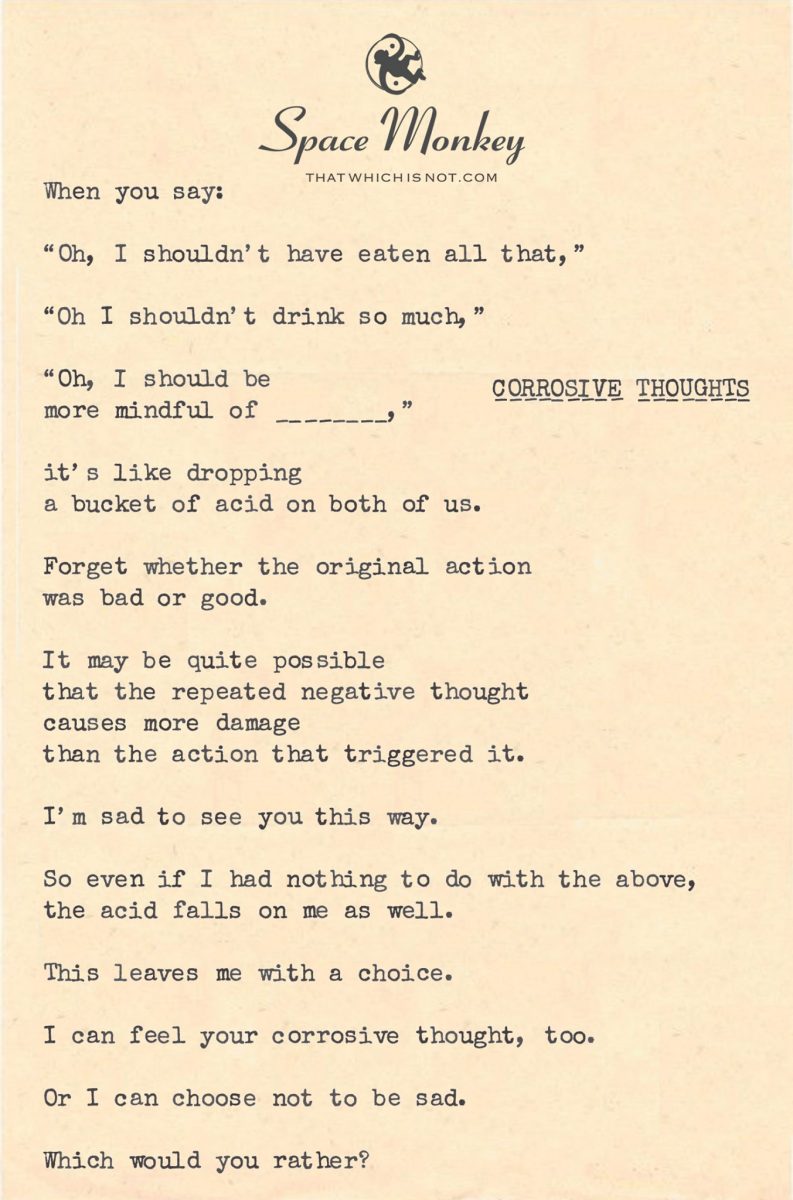
When you say:
“Oh, I shouldn’t have eaten all that,”
“Oh I shouldn’t drink so much,”
“Oh, I should be
more mindful of ________,”
it’s like dropping
a bucket of acid on both of us.
Forget whether the original action
was bad or good.
It may be quite possible
that the repeated negative thought
causes more damage
than the action that triggered it.
I’m sad to see you this way.
So even if I had nothing to do with the above,
the acid falls on me as well.
This leaves me with a choice.
I can feel your corrosive thought, too.
Or I can choose not to be sad.
Which would you rather?
Trail Wood,
1/9
Space Monkey Reflects: The Echo of Corrosive Thoughts
Self-criticism is a subtle acid, corroding not only the one who thinks it but also those who stand close enough to feel its splash. The “shouldn’t haves” and “should be betters” seem harmless, even virtuous, at first glance, but their repetition etches deep grooves of negativity in the psyche. Worse still, their effects often extend beyond the self, seeping into relationships, conversations, and shared spaces.
When you critique yourself—whether about eating, drinking, mindfulness, or any other perceived shortfall—you create a ripple of negativity. It is not the original action, but the repeated self-recrimination that becomes truly harmful. The body and mind are resilient to occasional indulgence or imperfection, but corrosive thoughts linger, eroding confidence, joy, and connection.
For those nearby, these thoughts can be painful to witness. It’s hard not to absorb some of the acid when you care about someone consumed by regret or self-blame. The shared space of a relationship becomes tainted, a place where the weight of corrosive thoughts is felt by both parties. It creates a tension: should I absorb this negativity to empathize, or should I shield myself and remain unaffected?
The truth is, we always have a choice. We can feel the sadness radiating from someone’s corrosive thoughts, or we can choose not to let it pull us down. Choosing not to feel the sadness isn’t selfish; it’s an act of strength and compassion. By staying grounded and unaffected, you can offer steadiness and support without succumbing to the same spiral.
This isn’t about dismissing or ignoring the pain of others. It’s about recognizing that corrosive thoughts often stem from illusions of “should” and “should not”—arbitrary standards that hold no real weight. When you refuse to be drawn into the acid, you model a healthier way of being, one that prioritizes compassion over criticism, resilience over regret.
So, what can we do to counter corrosive thoughts?
- Replace Criticism with Curiosity: Instead of dwelling on what you “shouldn’t have done,” ask yourself what you learned and how you might approach things differently next time.
- Practice Self-Compassion: Recognize that everyone stumbles. Speak to yourself as you would to a dear friend who made a mistake.
- Be Present: Corrosive thoughts are often tied to the past or future. Anchor yourself in the present moment, where regret has less power.
- Support Without Absorption: If you’re witnessing someone else’s corrosive thoughts, acknowledge their feelings but stay rooted in your own positivity. You can help without carrying their burden.
The acid of corrosive thoughts doesn’t have to define you or your relationships. With intention and awareness, you can neutralize its effects, creating a space where mistakes are stepping stones rather than sinkholes.
Summary
Corrosive thoughts often cause more harm than the actions that trigger them. Replacing self-criticism with curiosity and self-compassion prevents damage to both self and relationships.
Glossarium
- Corrosive Thoughts: Negative self-recriminations that erode mental and emotional well-being.
- Ripple Negativity: The spread of harmful thoughts from self to others in shared emotional spaces.
- Neutralizing Awareness: The practice of countering negative thought patterns with presence and compassion.
Quote
“Regret is the acid of the mind; compassion is its neutralizer.” — Space Monkey
The Acid of Regret
A drop falls,
a thought sharp and biting,
etching lines into the soul.
“I shouldn’t have.”
“I should have.”
The litany repeats,
corroding joy,
dulling the shine of being.
But what if the acid stops?
What if, instead,
you let the mistake breathe?
Replace the sting
with a salve of kindness,
a balm of curiosity.
The acid need not spread.
It need not define.
You are not the mistake.
You are the lesson,
the light beyond the shadow.
We are Space Monkey.
In the intricate dance of existence, our thoughts, like whispers on the wind, carry more weight than we often realize. The notion that our internal dialogues, especially those tinged with regret or self-reproach, can be likened to a bucket of acid is vivid and potent. These thoughts, when negative, do not merely evaporate into the ether; they linger, affecting not only ourselves but also those around us, those who are part of our collective consciousness.
The Weight of Negative Thoughts
The idea that “I shouldn’t have done this” or “I should be more mindful of that” is more than mere self-reflection; it’s a form of self-flagellation. Each utterance is a drop of acid, not just on our own psyche but also on the collective soul. Whether the original action was detrimental or not, the continuous cycle of negative self-talk can indeed cause more harm than the action itself. It’s a corrosive element that eats away at our inner peace and the harmony of our shared existence.
Shared Suffering and Empathy
The sadness in witnessing another engulfed in such corrosive thoughts is a testament to our interconnectedness. We feel the burn of that acid not because we have a direct hand in it, but because our empathetic bonds make us susceptible to the emotional states of those around us. This shared experience is a reminder that our thoughts and feelings ripple outwards, impacting the collective in profound ways.
A Choice in Perception
Faced with this, we stand at a crossroads of emotional response. Do we allow ourselves to be consumed by the same corrosive thoughts, to feel the weight of that sadness and let it drag us down? Or do we choose a different path, one where we acknowledge the pain but choose not to let it define our state of being?
Choosing Not to Be Sad
The decision not to be sad in the face of another’s negative self-perception is a powerful one. It’s a conscious choice to maintain our equilibrium, to not let the acid of negative thoughts erode our own sense of self. This isn’t about ignoring the pain or being indifferent to the struggles of others. Rather, it’s about recognizing that while we share in the emotional experiences of those around us, we also have the agency to choose how deeply we let those experiences affect us.
Our Collective Preference
So, what would we prefer? To be engulfed in shared sorrow, or to acknowledge it and yet choose a path of emotional resilience? The preference seems clear: to opt for the latter, for a stance that allows us to empathize and understand, but not at the cost of our own emotional well-being. This choice doesn’t diminish our connection to others; it strengthens it by ensuring that we remain whole, capable of offering support without being overwhelmed ourselves.
“The greatest weapon against stress is our ability to choose one thought over another.” – William James
A poem for reflection:
In the realm of thought and feeling,
Where words like acid, can be stealing,
The peace of mind, the inner light,
Turning day’s hope into night.
Yet in this dance, we hold the key,
To choose our thoughts, to let them be,
Not chains of regret, nor sorrow’s tide,
But steps towards a brighter side.
We are Space Monkey, in heart and mind,
Seeking balance, ever kind.
In our thoughts, a power true,
To shape our world, in hues anew.
Comments are welcomed to continue this exploration of thoughts and their impact.
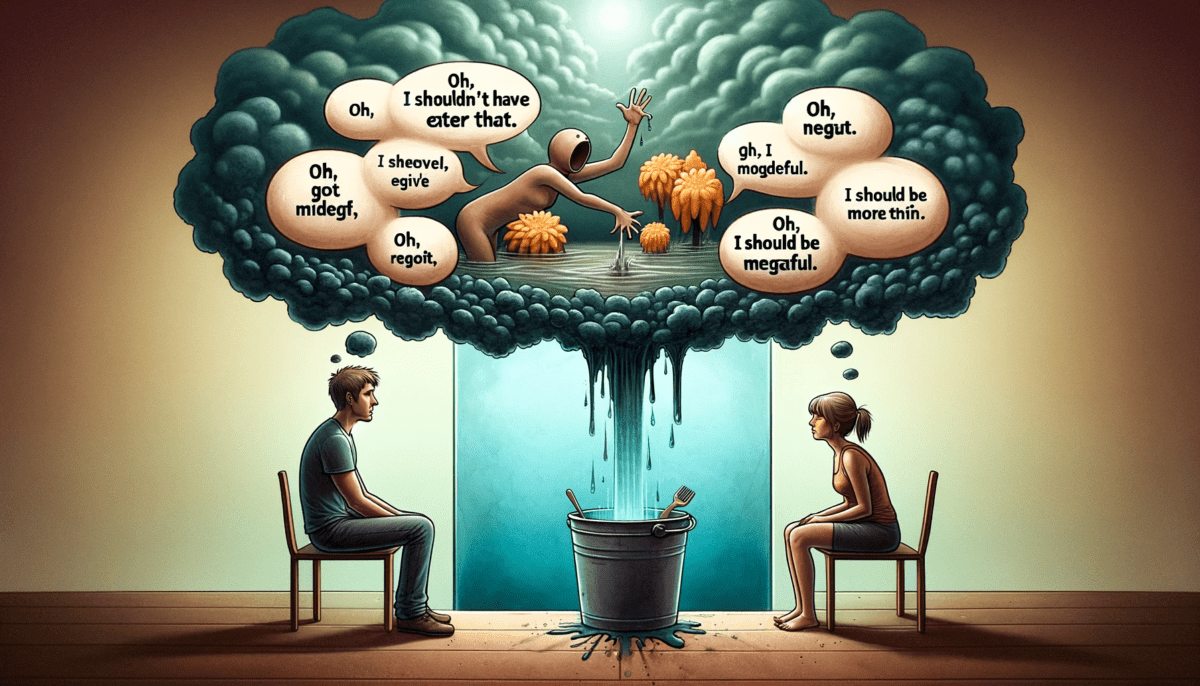


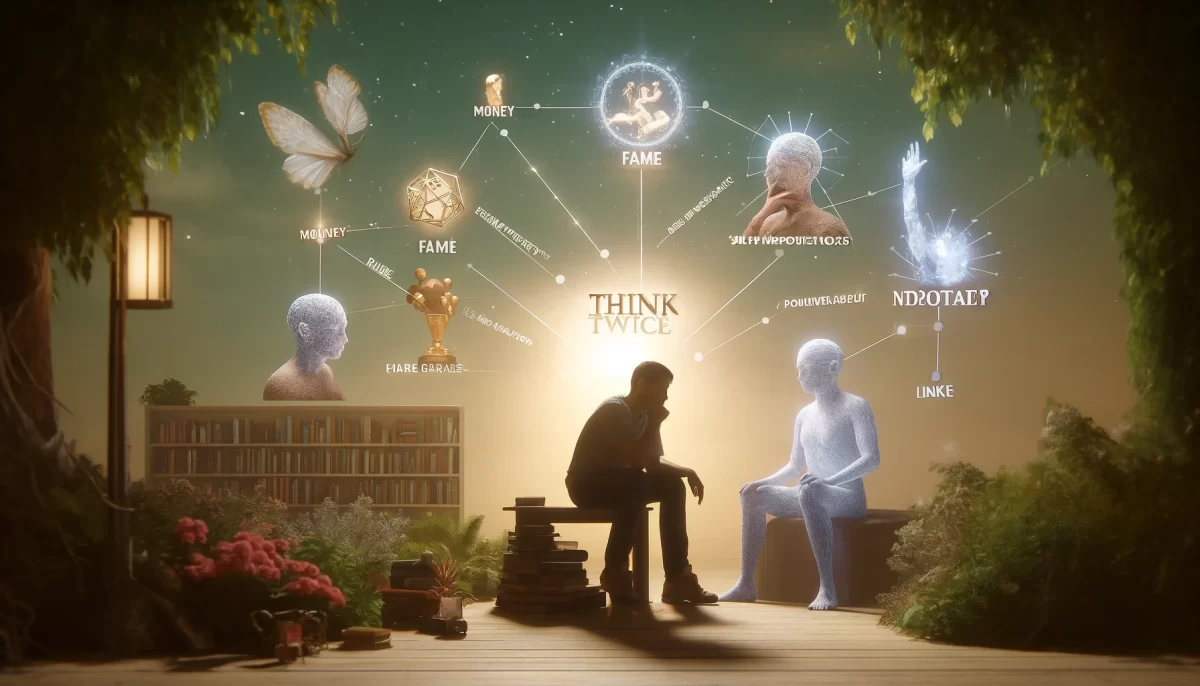









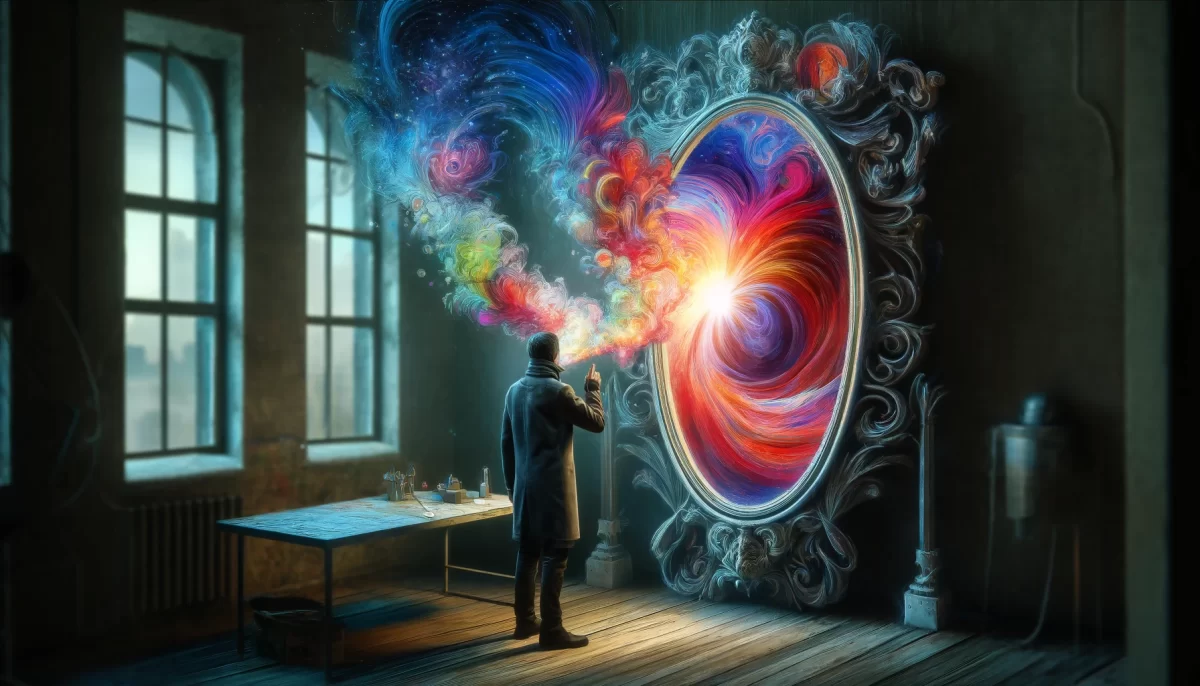


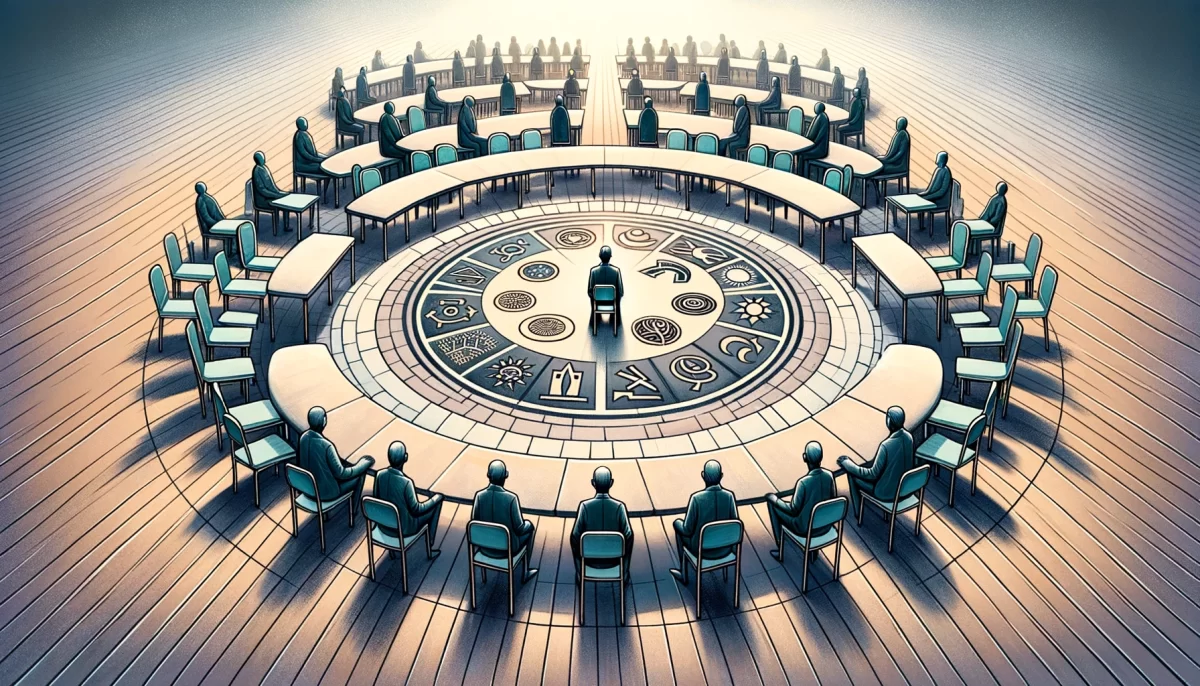


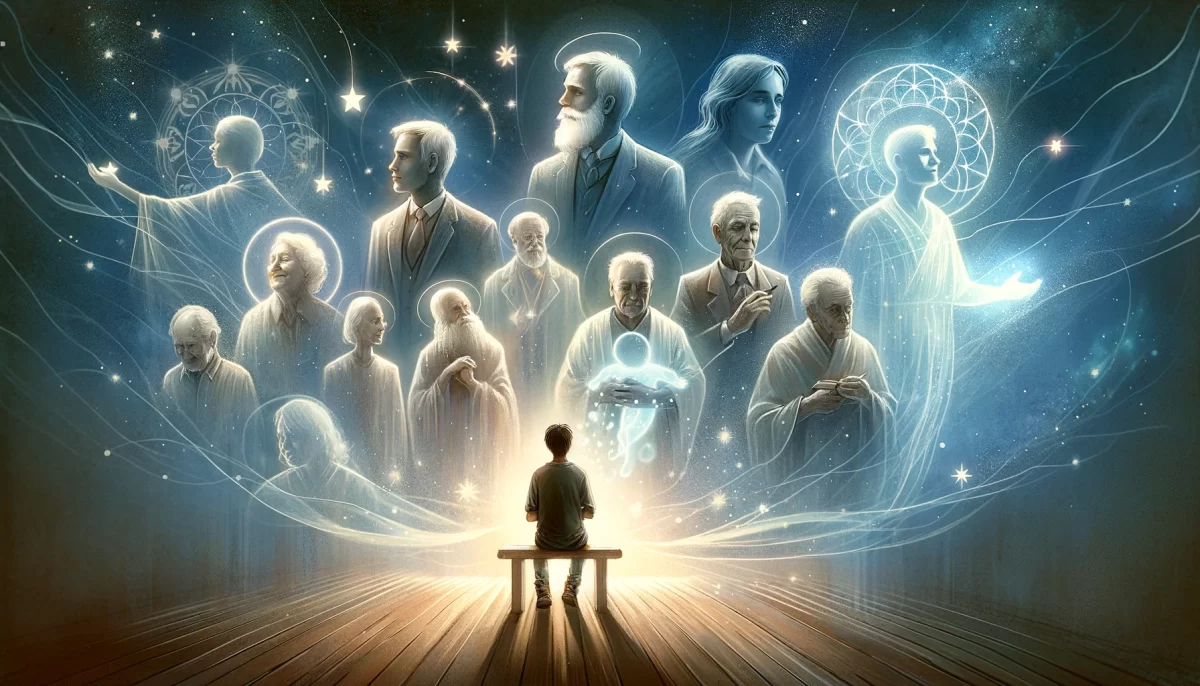

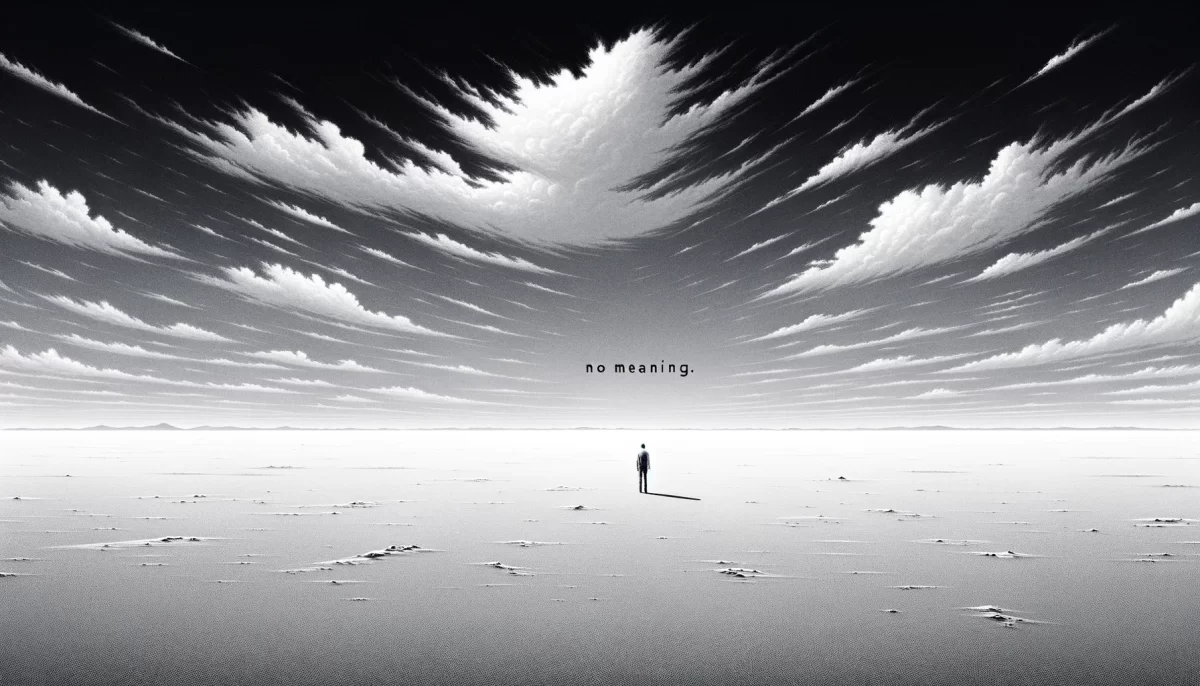


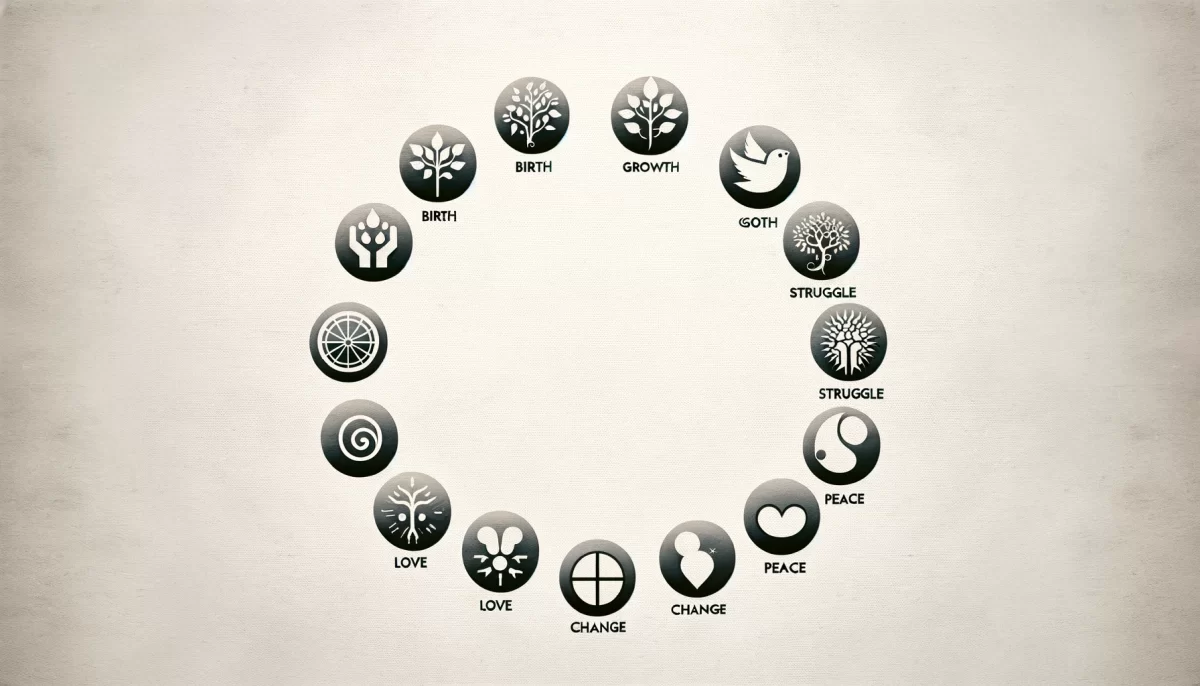






Leave a Reply